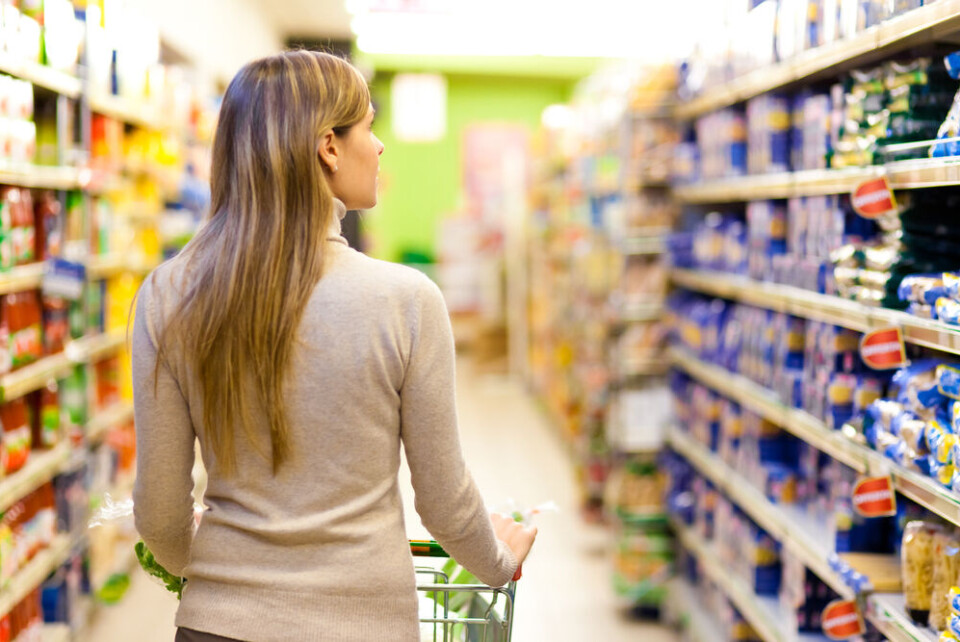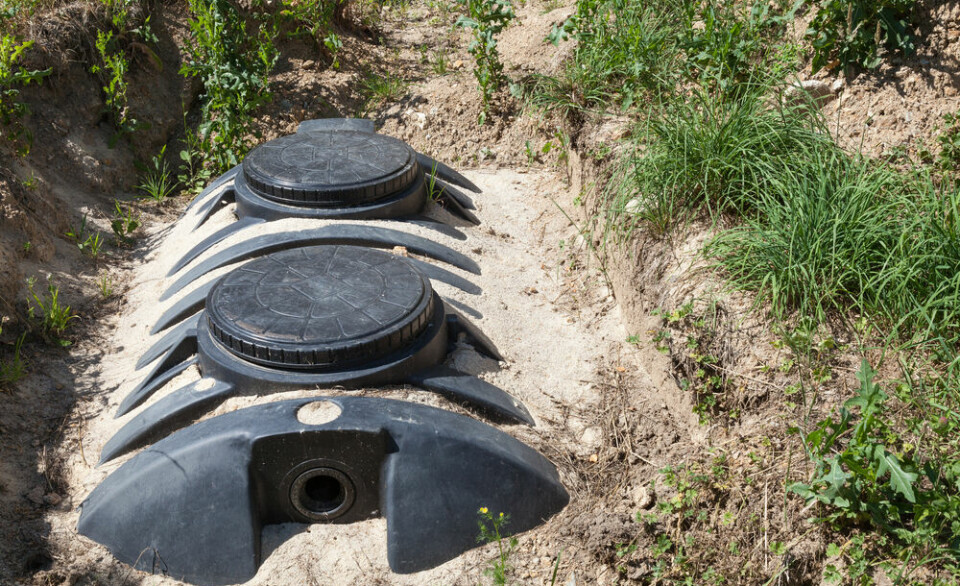-
Tefal launches nationwide pan collection scheme in French supermarkets
Shoppers can receive a discount voucher for recycling used cooking utensils - all brands accepted
-
How to pick and cook asparagus in France
Columnist Sue Adams explains how to make the most of the vegetable's short season
-
Why the price of chocolate is skyrocketing in France this Easter
Certain products have seen prices increase by 34% as cheaper store brands are hit harder than global ones
Why are there more food recalls now in France, that you often post?
The standardisation of product recalls means it is easier to find and share information on faulty products

Reader Question: I feel like I have been seeing more and more recalls for food products, especially on your website. Why is this?
It is true that food recalls are common in France, some of which The Connexion reports, and there are certainly more than in previous years.
In fact, between March 2021 and March 2023 nearly 6,000 food product recalls were made, according to Economy Ministry data.
Perhaps the most important change contributing to more recalls was the standardisation of the process of announcing recalls through a single official channel.
The introduction of the RappelConso website in April 2021 meant that all recalls were posted in the same online location, regardless of the product or store from which they were being recalled.
Another reason for the higher number of recalls recently was a change in EU laws – in particular a tightening of a ban on one particular food additive, considered a cancer risk.
This resulted in more than 1,500 products being recalled.
Also the official food health and safety inspection officers have been unable to identify all defects before products are on the shelves, hence the subsequent issue of a recall.
To address this the Agriculture Ministry recently reported it had recruited 150 extra inspectors and aimed to increase inspections of food manufacturers by 10% next year.
Easier for media to find information
The creation of the single dedicated website means information is now easier for media to find and report.
Rather than looking across dozens of individual company websites the information is now available via the RappelConso website.
With thousands of food product recalls in total clearly we cannot report on every single incident.
Generally, we review whether the recall is sufficiently extensive – does it cover multiple brands or many products of a similar type? Is it wide-ranging enough to warrant an article?
For example, in February we reported on a yoghurt recall that affected dozens of different brands, where many supermarkets stocking a similar product made at the same factory were impacted.
In the same month we covered the recall of over 30 different cheeses, over fears of listeria, in product ranges sold widely across French supermarkets, cheese shops and other smaller stores.
All recalls are due to potential risks of consuming these foods with some being more dangerous than others.
For example, if a food is contaminated with e.coli it is more likely we will report on it than if it was recalled for having an above-legal limit of a pesticide.
In these cases recalls are usually more for regulatory issues than imminent danger.
We will also cover product recalls if we know the product may appeal to our readers – for example, recalls on bottles of wine.
Related articles:
Deodorant recalled in France after users experience painful cysts
























